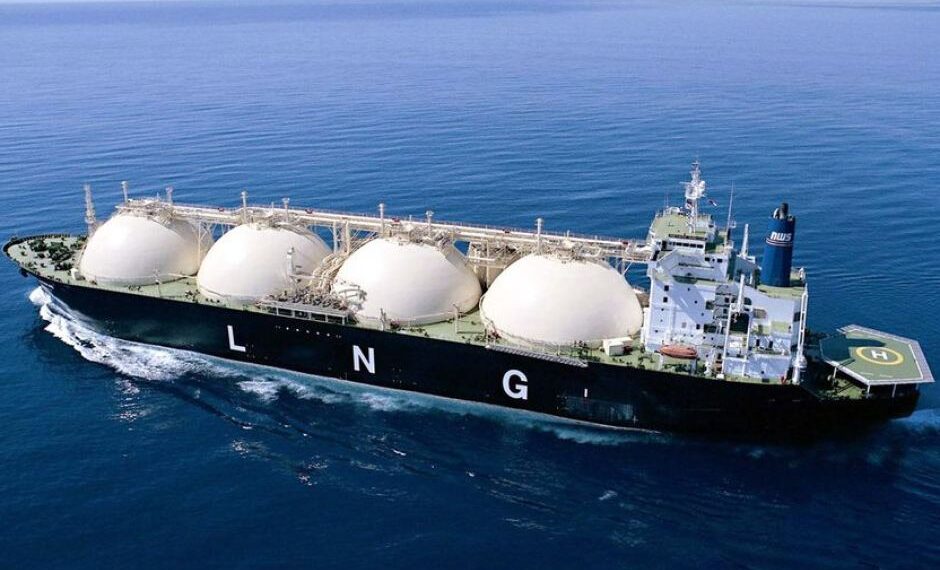Liquefied Natural Gas (LNG) spot prices have soared by more than 40 percent since the start of the Israel-Hamas conflict on October 7, when Hamas attacked festival goers.
According to S&P Global Commodity Insights, spot Liquefied Natural Gas (LNG) prices increased to $18.345/MMBtu on October 16.
This increase of more than 40 percent since October 6 is ascribed to the Israel-Hamas conflict, which erupted on October 7, triggering geopolitical concerns and thousands of deaths.
The confrontation remains urgent, with the US urging caution to avoid further escalation. Natural gas prices in Europe are volatile due to concerns about sufficient supply for the impending winter.
The confrontation between Israel and Hamas and Chevron’s operating difficulties in Australia have heightened market concern. Chevron Corp, a US oil major, has shut down the Tamar natural gas field off Israel’s northern coast.
The Tamar field has a large reservoir and provides the majority of Israel’s energy for power generation.
A protracted Tamar stoppage might impede Israeli gas supplies to neighbouring countries, particularly Egypt, a major exporter to the European market.
While the European Union (EU) is not projected to experience significant supply shortages this winter, the ongoing global disruption is expected to keep prices high, creating an opportunity for African LNG suppliers such as Nigeria.
Earlier, Philip Mshelbila, the Managing Director of Nigeria Liquefied Natural Gas (NLNG) Limited, told Ekperikpe Ekpo, Nigeria’s Minister of Gas, that the company’s most pressing concern at the moment is feed gas supply, a critical issue affecting both current operations and future expansion plans.
The plant’s capacity is underutilised, not due to a lack of capability, but rather due to insufficient feed gas availability.
He also said that the corporation intends to source the required gas from deep-water sources; however, addressing the extraction terms is a critical prerequisite for advancement.



